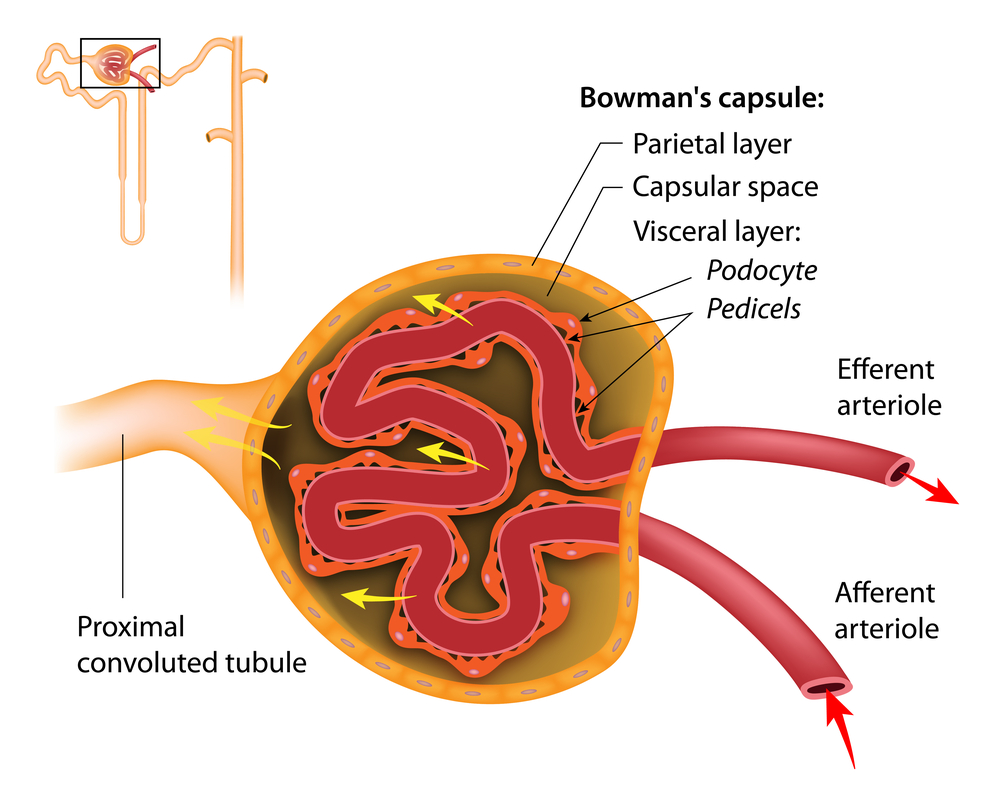Reducing Podocyte Depletion in Alport Syndrome Could Prolong Kidney Survival

Podocyte depletion, the reduction of a specific kidney cell type, might be driving the progression of both Alport syndrome and thin glomerular basement membrane disease (TGBM), conditions with similar genetic causes.
Researchers suggest that measuring podocyte density in kidney biopsies could provide a quantitative readout describing the risk of progression of the conditions before pathologic changes appear. Also, reducing podocyte depletion could have therapeutic effects in Alport syndrome.
“This approach could potentially provide useful additional guidance for clinical decision-making,” Dr. Larysa Wickman, assistant professor of pediatric nephrology at the University of Michigan and her co-authors wrote.
The study, “Podocyte Depletion in Thin GBM and Alport Syndrome,” was published in the scientific journal PLOS One.
The researchers had previously shown that podocyte detachment rate measured in urine was increased in Alport syndrome, suggesting that podocyte depletion could play a role in causing a progressive loss in kidney function.
In order to test this hypothesis, the team measured parameters in 26 kidney biopsies from 21 patients ages 2-17 with a clinic-pathologic diagnosis of Alport syndrome or TGBM.
They found that podocyte depletion was present in biopsies obtained from Alport syndrome patients even before any tissue abnormalities were detectable.
At about 25 percent podocyte depletion, low levels of protein in urine were detected, and this increased proportionally to podocyte depletion.
When podocyte depletion was below 30 percent, no tissue abnormality could be detected by light microscopy while minor pathologic changes were present at 30 to 50 percent podocyte depletion. Moreover, above 50 percent podocyte depletion, a type of kidney disease called focal segmental glomerulosclerosis (FSGS) was present.
The estimated glomerular filtration rate, a measure of kidney function, did not change measurably until podocyte depletion rate was above 70 percent.
“This result supports a hypothesis that in [Alport syndrome], podocyte adherence to the [glomerular basement membrane] is defective resulting in accelerated podocyte detachment causing progressive podocyte depletion leading to FSGS-like pathologic changes and eventual end-stage kidney disease,” the authors wrote.
They suggest that early intervention to reduce podocyte depletion could delay the development of end-stage kidney disease in Alport syndrome.
Podocytes are cells that support and maintain the filtration mechanism in the glomerular basement membrane of the kidneys. In Alport syndrome and TGBM, a genetic mutation causes the structure and function of the glomerular basement membrane to be abnormal.







Leave a comment
Fill in the required fields to post. Your email address will not be published.